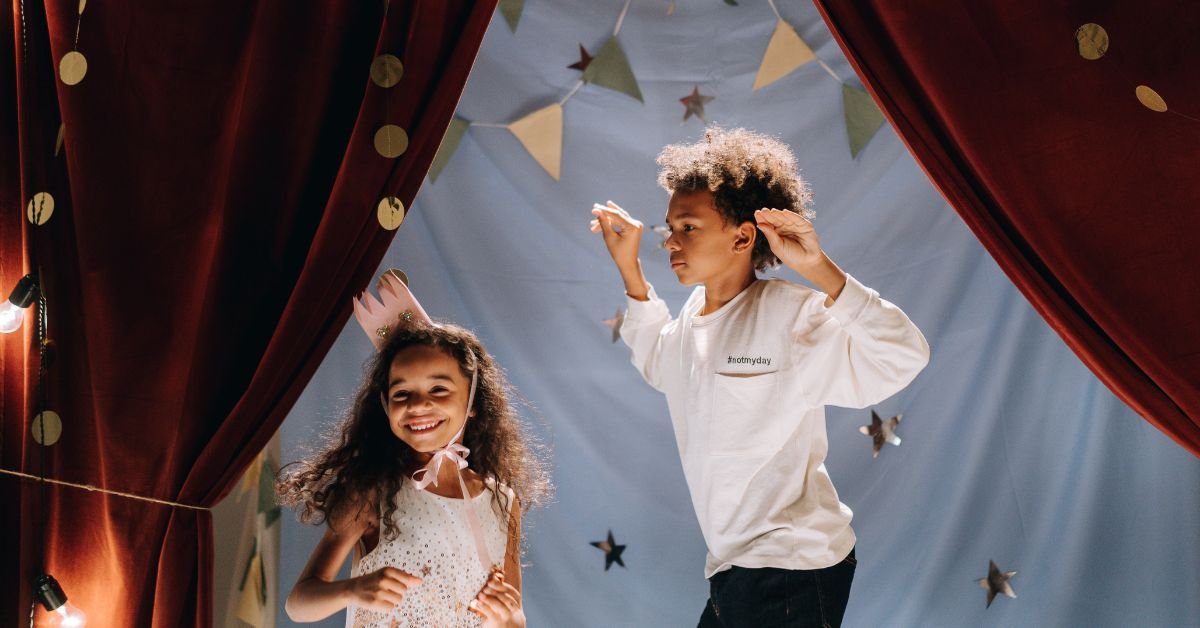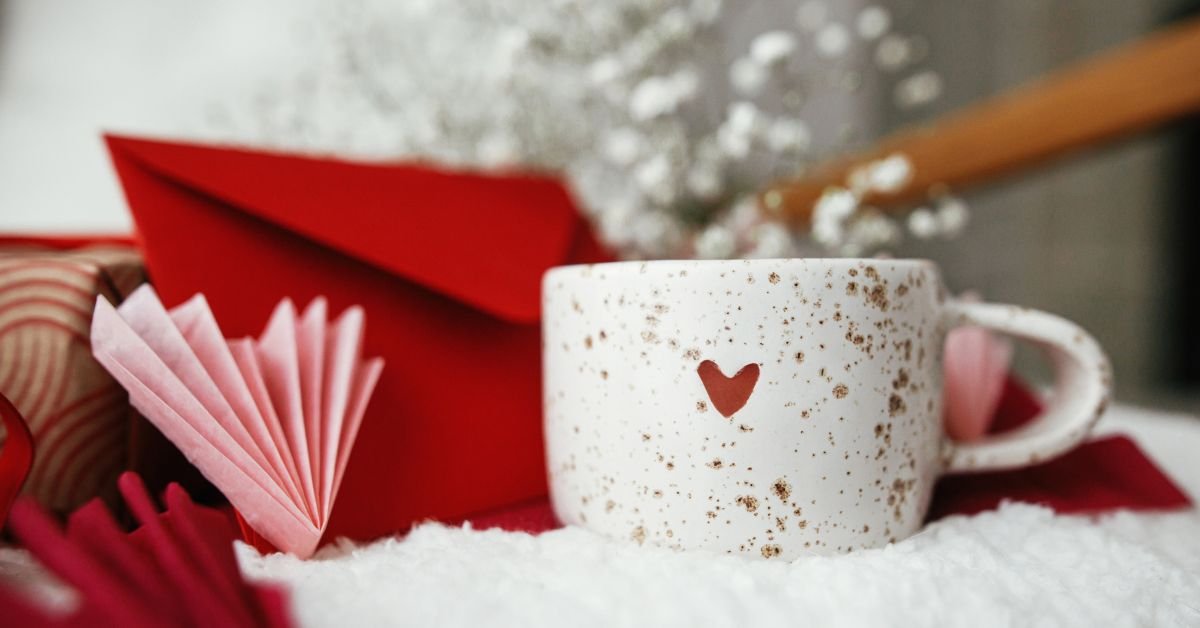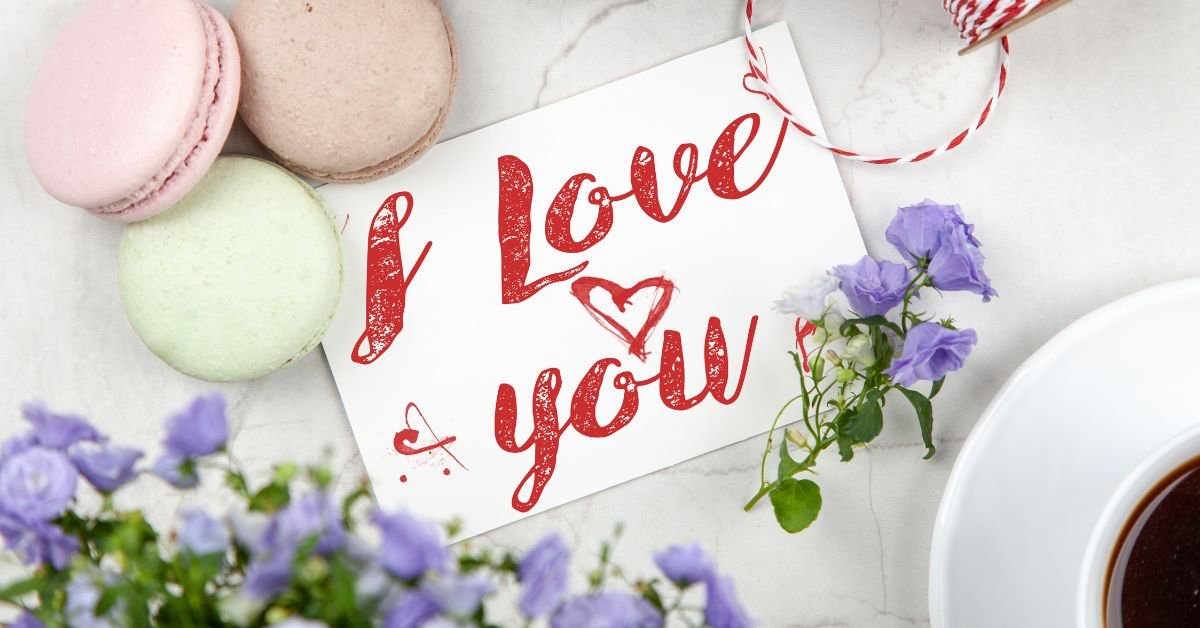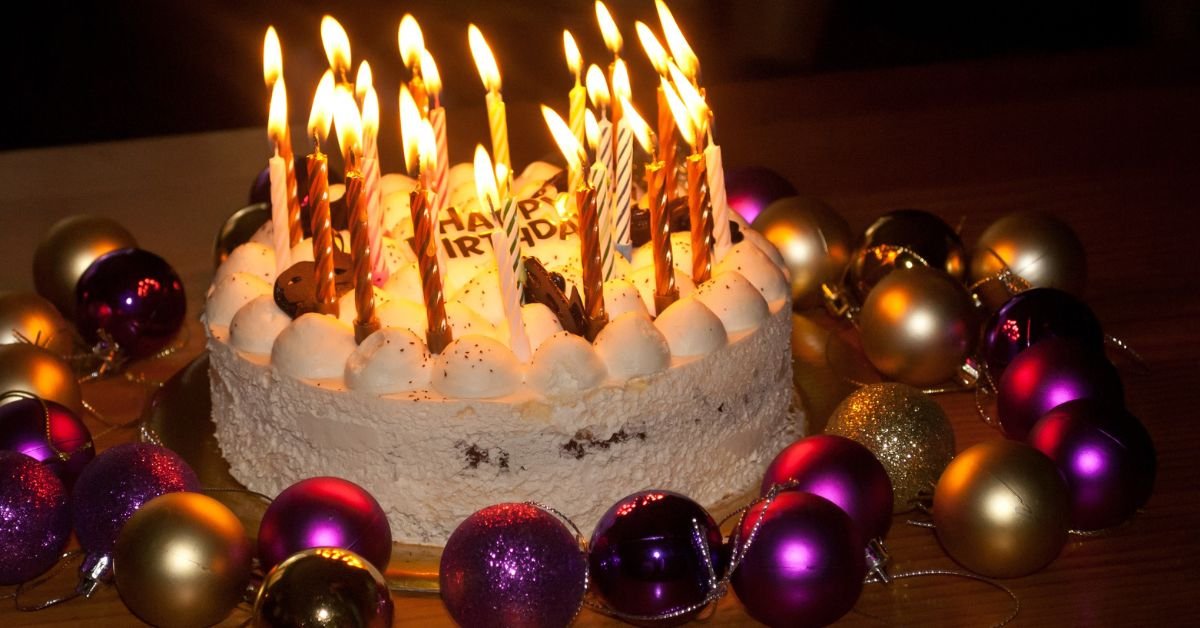Which Special Day is Today!
Explore Today’s Unique Holiday and What It Means for You!
- {{ listingType.name }}
- prev
- next
Upcoming Holidays
What Special Day is Today!
Months
January
February
March
April
May
June
July
August
September
October
November
December
Upcoming holidays
Blog

Birthday
150 Heartfelt Birthday Wishes for Sister – Heartwarming Messages & Quotes to Make Her Day Special
Read More »
23/11/2024
No Comments







